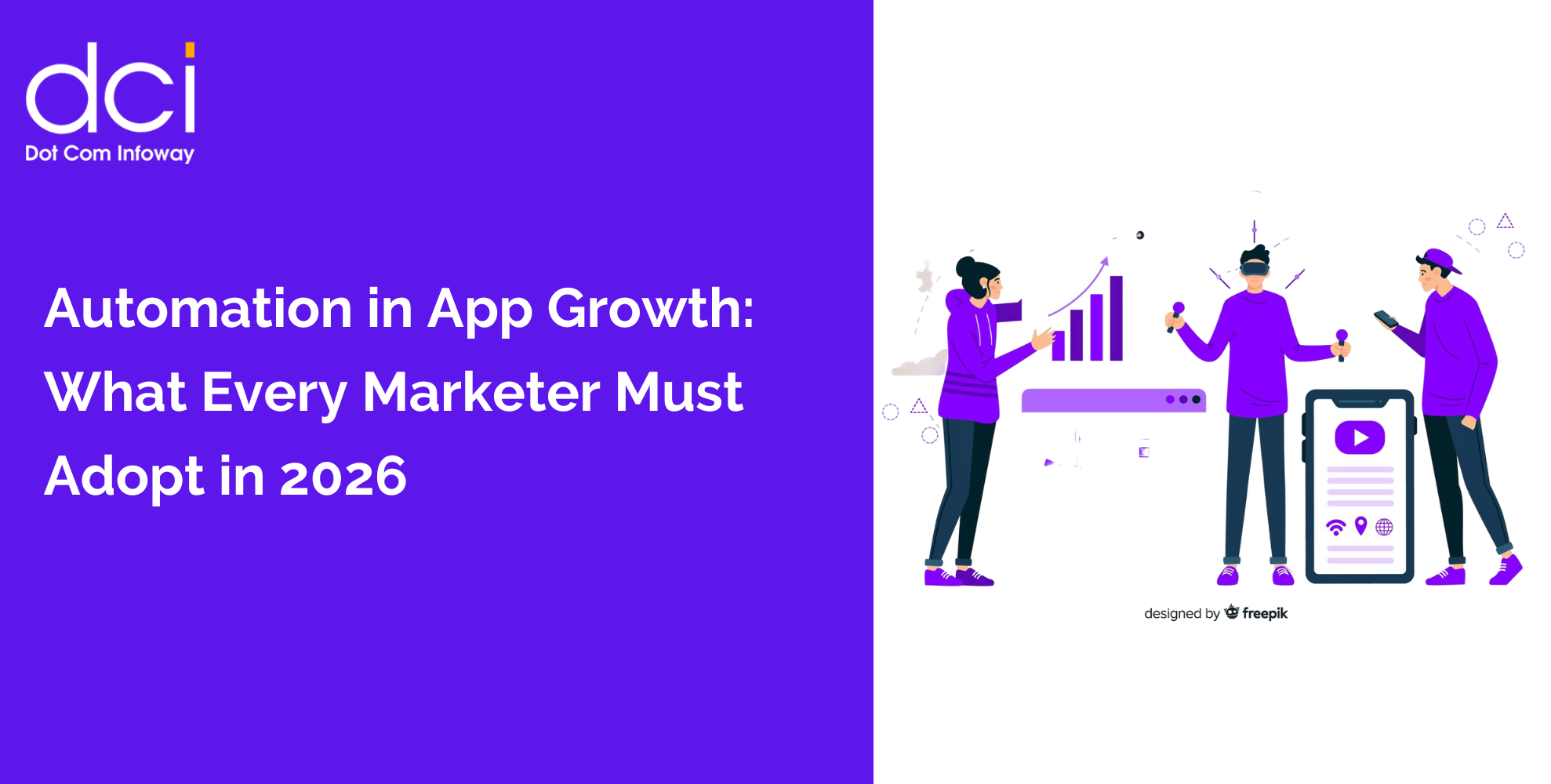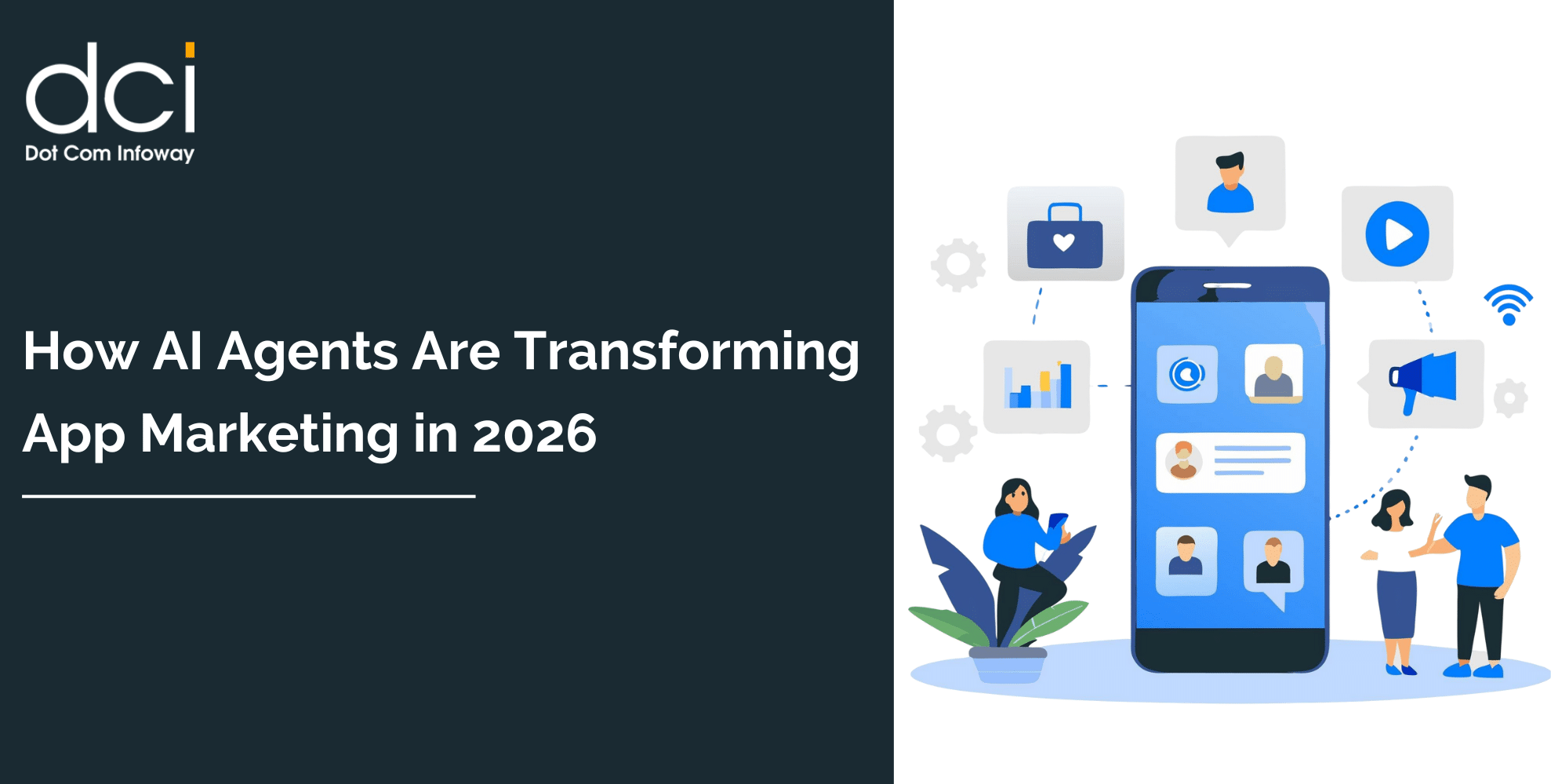What is Enterprise App Development?
It is a form of app development focuses on the creation of enterprise mobile apps. The entire process of building apps for businesses usually entails close collaboration between the development team and the company. This ensures the end user’s needs will always be accounted for, understood, and delivered in the final app.
It is a form of app development that seeks to build apps for companies with the intention of optimizing management, communication, and data access. And upon closer look, it doesn’t depart too much from mobile app development that caters to an individual’s needs, hence, its ready benefits. Ultimately, each enterprise app addresses a certain enterprise problem a company is facing.
The Importance of Developing Apps for Enterprises
Optimization is at the heart of enterprise app development, and the advantages that it brings to the table highlights this fact. After all, what other platform or technology has ever really been able to provide the following benefits:
- Unifies and streamlines every work process in a company (may it be reporting, communication, which results in better overall collaboration, productivity, and interaction between departments.
- Greatly saves time when solving complex issues and completing complicated projects.
- Round-the-clock access to data wherever your employees may be.
- Promotes transparency in every process occurring in the company.
Other primary advantages of enterprise app development are speed and cost-effectiveness. In the past, companies often have. With enterprise app developers’ liberal use of cloud technology, for instance, practically all the limitations and barriers in past software development (e.g. setting the infrastructure, securing stable uptime, maintaining security, etc.) are eliminated. This makes it easy for any company to acquire a specific enterprise app that is perfect for them.
Why Mobile is Prioritised?
Companies should be placing importance on mobile-first when developing enterprise apps because simply put, mobile has since become the dominant medium that people use to access the Internet. Realizing this, Google has even updated its algorithm as attested by its move to prioritize mobile-first index.
The value of the portability of mobile devices also cannot be denied. This innate characteristic virtually makes it possible for business owners and their employees to have consistent access to the tools they need for work. Productivity, hence, increases because it allows work to be done quickly.
Enterprises Need to Deal With the Unique Challenges Mobile Technology Poses Like:
- What platform should you focus on? Should you rely solely on either iOS or Android or is it better to go for cross-platform development?
- What cross-platform tools should you use? Or should you opt for system-specific tools instead?
- Device-specific requirements and tools would have to be considered as well.
- Building back-end systems that are mobile-centric.
- How will you be able to provide the device? Will you ride the Bring Your Own Device trend? One benefit of BYOD is that it significantly cuts costs as you won’t have to purchase the device for apps developed and oriented on the said concept.
How to Get Started with Enterprise App Development?
Besides outlining your mobile strategy, starting out on enterprise app development requires paying attention to the following factors and app development tips:
1. Identify the Specific Enterprise Application That You Need to Develop
There are numerous reasons that dictate the kind of enterprise app that a company needs to develop. This makes it crucial for you to pinpoint the exact problem that you need to remedy. Common enterprise apps being developed include automated billing systems, content management platforms, payment processors, call center support systems, and HR management, to cite a few examples.
As you can see these applications fulfill a certain purpose and solve an equally unique problem within the company. This should be clearly identified once you decide to have an enterprise app developed.
2. Decide Whether You’ll Develop an In-House Application or Use an Application Service Provider
Having a dedicated in-house application for your company surely has its immediate appeal, but you would have to be ready to address issues like security and making sure the application will be able to effectively solve the enterprise problem. Nonetheless, all of these can be addressed as long as the enterprise app is handled by a competent and trustworthy mobile app development company.
On the other hand, relying on a third-party application service provider, who would lease the enterprise app to you, is a strategy that companies use to save on resources. Of course, this entails paying close attention to the credentials of each one and the limits imposed by such a choice.







![The Game Marketing Guide: Pre and Post-Launch Strategies [Infographic]](https://www.dotcominfoway.com/wp-content/uploads/2023/09/DCI-Game-Marketing-blog-1.jpg)















